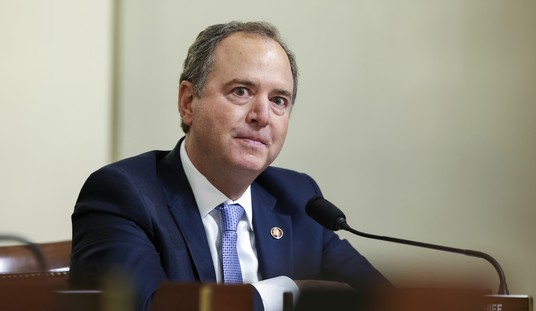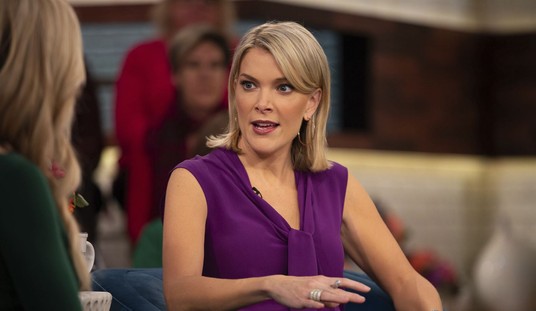I tend to want to give maximum space to free speech even, or perhaps especially, if it's speech I don't like. But there is a line ultimately where you cross from speech to something else and this group called Samidoun may be crossing that line.
Charlotte Kates, a New Jersey native and Rutgers Law School graduate who co-founded the pro-Hamas organization Samidoun, has become the focus of an ongoing legal debate: When does free speech cross the line into breaking federal anti-terrorism laws?
Over the last year, Kates, who lives in Vancouver, British Columbia, said she met with mid-level leaders of at least two U.S.-designated terrorist organizations at a public conference in South Africa. She also joined members of the groups in online seminars in which they urged the audience to support Hamas and Hezbollah.
“The Palestinian resistance and the Lebanese resistance are not engaging in terrorism,” Kates told NBC News. “They’re engaging in a national liberation struggle.”
Obviously, there is a free speech element to this. You can praise Hamas or say nice things about Hezbollah. The issue with Samidoun is that they are also in contact with members of these designated terrorist groups which raises a question of whether they are contributing to these groups in some way or perhaps even being directed by them. Under the Patriot Act definition of "material support" that would be illegal.
Months after the 9/11 attacks in 2001, Congress expanded material support for terrorism laws and banned knowingly giving a service to a terrorist organization, including expert advice or assistance that is “derived from scientific, technical or other specialized knowledge.”...
The Supreme Court ruled 6-3 that “material support” for U.S.-designated terrorist groups as described in post-9/11 laws does extend to a narrow category of speech in which activists knowingly coordinate with terrorist organizations and don’t work independently of them.
“The statute is carefully drawn to cover only a narrow category of speech to, under the direction of, or in coordination with foreign groups that the speaker knows to be terrorist organizations,” Chief Justice John Roberts wrote in the 2010 decision.
Justices Breyer, Sotomayor and Ginsburg all dissented, saying the material support law was unconstitutional. As for Kates, she argues that appearing with terror group members doesn't mean her group is taking direction from them. The just share the same political views.
But NBC News polled a group of about a dozen federal officials and they mostly agreed that Samidoun's behavior (holding webinars with terrorists) was close enough to the line of material support to justify an FBI investigation. But that doesn't necessarily mean prosecutors could win the case in court. To do that they'd actually have to have evidence of some kind of direction by the terror groups.
Lawyers can argue over how to interpret Kates' webinar with terrorists, but there may be less wiggle room if she has been raising money for them. Kates' husband, Khaled Barakat, is considered a member of a terror group called the Popular Front for the Liberation of Palestine (PFLP). That group has carried out attacks and assassinations over several decades. Raising money for them almost certainly crosses the line from free speech into "material support."
So are Kates and Samidoun currently under FBI investigation? The FBI has a policy of not commenting on the existence (or non-existence) of ongoing investigations, so they aren't saying. But again the observers NBC spoke to seem to agree this is probably a case where the FBI should investigate. Reading between the lines, the investigation is probably happening already and we just don't know the details because no charges have been filed.







Join the conversation as a VIP Member